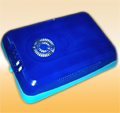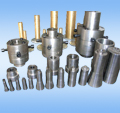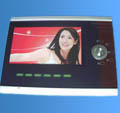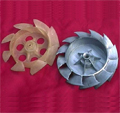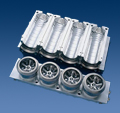

| Address: | PDS Enterprise Inc. 1650 West Artesia Blvd, Suite 278 Gardena, CA90248 |
| Phone: | 1-843-408-0142 |
| Email: | pdsenterprise@gmail.com sales@coolprototyping.com |


Home>Glossary
199. Plastic Mold Making and Pressure Transducers
Pressure Transducers are very important for everyone. So we should know more things abour it. If you want to know, you can read our articles.
Using a pressure transducer enables mold makers to gain precise and accurate data about how the tool is actually performing in production tooling. Now that pressure transducers can be designed and installed in a greater variety of locations, with varying purposes, the applications are more robust than ever.
To obtain accurate information when using slides and the effect of rapid prototyping mold pressure on the components. Help with the product design of a more robust core and cavity. How different fill speeds affect the balance of the tool. What kind of effect varying temperatures have on the final part. How different cooling temperatures affect the outcome of the part.
Use pressure transducer information to help the customer. A customer who has just spent many thousands of dollars will most likely benefit greatly from the precise and detailed information you can provide.
 We are constantly looking for new products in order to grow our business and Invention Home has enabled us to streamline that process much more quickly.
We are constantly looking for new products in order to grow our business and Invention Home has enabled us to streamline that process much more quickly. Marsha Dunmyre
CA, U.S.A
Cool Prototyping Copyright 2008-2009 © All Rights Reserved. Rapid Prototyping


